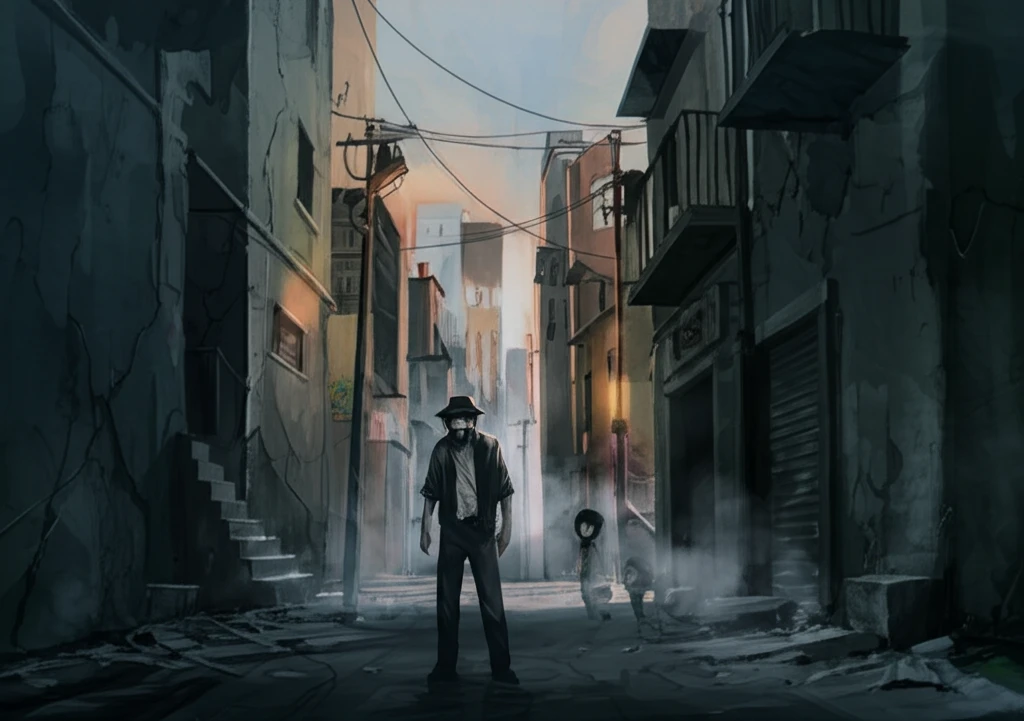
Unmasking the Human Condition: Why José Revueltas Still Matters
"Explore the enduring relevance of José Revueltas's dark and unflinching portrayal of society's fringes and the human spirit."
José Revueltas (1914-1976), often compared to Russian literary giants like Chekhov and Tolstoy, possessed a unique ability to blend stark realism with profound horror. His work delves into the lives of those on the margins of society, exposing the raw and often brutal realities of their existence. Revueltas wasn't afraid to confront the uncomfortable truths about human nature and the social structures that perpetuate suffering.
A new book, Un escritor en la tierra. Centenario de José Revueltas [A Writer on Earth: Centenary of José Revueltas], a compilation coordinated by Edith Negrín, Alberto Enríquez Perea, Ismael Carvallo Robledo, and Marcos G. Águila, delves into the author's lasting impact. It analyzes Revueltas's unflinching vision, exploring how his characters and themes continue to resonate with readers today.
Elena Poniatowska aptly describes Revueltas's sensibility: he was more familiar with death than life, with sorrow than joy, yet he always sought the warmth of humanity, particularly among the dispossessed, the workers, the campesinos, the ignorant, the unloved, the failures, and those who end up in prison. This apparent contradiction—a fascination with darkness coupled with a yearning for human connection—lies at the heart of Revueltas's enduring appeal.
Revueltas's World: Archetypes of Despair and Resilience

Unlike some writers who create recurring characters, Revueltas crafted types—figures drawn from the streets and prisons of Mexico. These aren't just the stereotypical poor; his world also includes corrupt bourgeois, drunken school directors, and morally compromised individuals from all walks of life. He presented a panorama of societal decay, where everyone is complicit in the pervasive suffering.
- El Apando: This novella serves as a stark social critique, highlighting the brutal conditions of prison life and the dehumanization of inmates.
- Los Errores (The Errors): Explores moral decay through the character of El Muñeco, a sinister pimp, and Elena, a dwarf in love with an assassin.
- Los Motivos de Caín (The Motives of Cain): Suggests an inherent darkness in human nature.
- Los Días Terrenales (The Earthly Days): Reinforces the idea that life is fundamentally difficult, devoid of divine intervention.
The Enduring Legacy: Revueltas's Relevance in a Fractured World
Revueltas's work invites us to confront the uncomfortable truths about ourselves and the societies we create. His unflinching portrayal of poverty, violence, and moral decay remains relevant in a world grappling with inequality and social injustice. While Revueltas's Marxist perspective may have been challenged by historical events like the fall of the Soviet Union, his exploration of human suffering transcends political ideologies.
